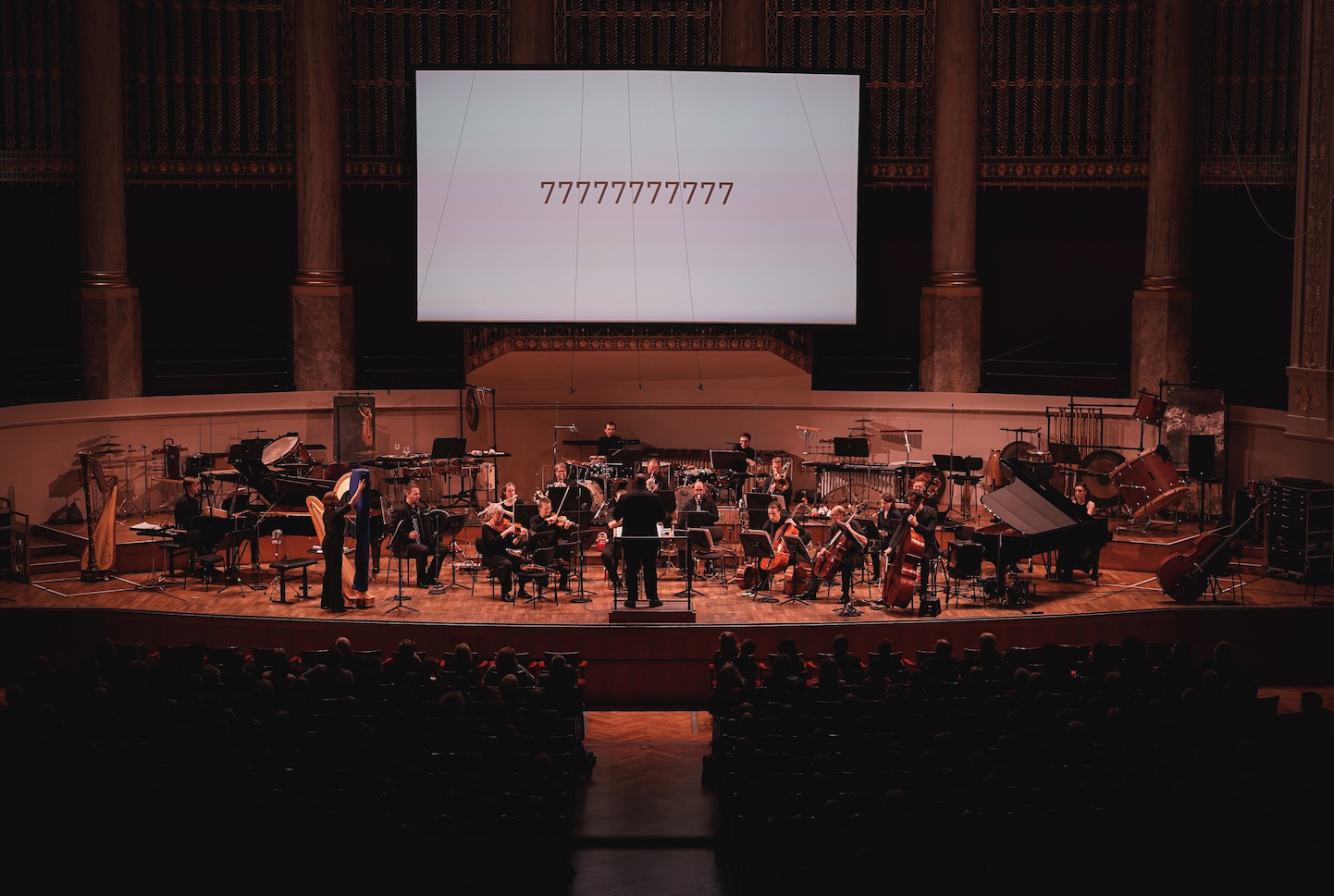Enormous shadows are looming over the various New Music scenes of the post-Soviet territories, which have once again become the site of violent, geopolitical conflict. The fluidity of a perfectly natural dialogue between leading composers and performers between Tbilisi and Minsk, Yerevan and Moscow, Tashkent and Kyiv has come to a standstill, the dialogue has ceased. Once more, music runs the risk of being reduced to national self-assertion and to a propaganda shield of supposed superiority. Resistance against such instrumentalization is called for. With its multi-part project “The Tower of Babel”, Klangforum Wien wants to contribute to these efforts.
Already during the late 70s, cultural insurrection against Soviet colonialism materialised – in particular as part of the New Music scenes at the time. Music, as the most abstract of the arts, was the least susceptible to appropriation by the various regimes and thus remained a place of refuge for independent free thought. One need only recall the the covert but nonetheless effective work of the so-called “Kyiv Avant-garde”, often called “Webern’s illegitimate children”, or Gija Kantscheli, the composer from Tbilisi in Georgia, who introduced a concept of beauty to music which back then was utterly frowned upon; or his Georgian compatriot Mikheil Shugliashvili, who’d quarried out “Xenakian” blocks from the archetypal music tradition of his country. Countless positions from the Baltic to Uzbekistan, from Armenia to Belarus and, of course, also from the Russian epicentre Moscow were in constant mutual exchange and united in their efforts in not letting anyone or anything curtail the freedom of music.
Radical self-examination by artists and resistance against the mutilation of artistic freedom has always had a very particular and marked tradition in this vast cultural sphere, going back a long way. In 1909, in the pioneering volume “Vechi” (reissued in 1990 in German under the title of “Wegzeichen. Zur Krise der russischen Intelligenz“ by Eichborn Greno Publishers) this is summed up in a relentless and fascinating way – just as Russian exiles would put it 65 years later, in a volume of essays ambiguously entitled “From Under the Rubble”, published in Paris: resistance may be covert, but it cannot be crushed or buried.





